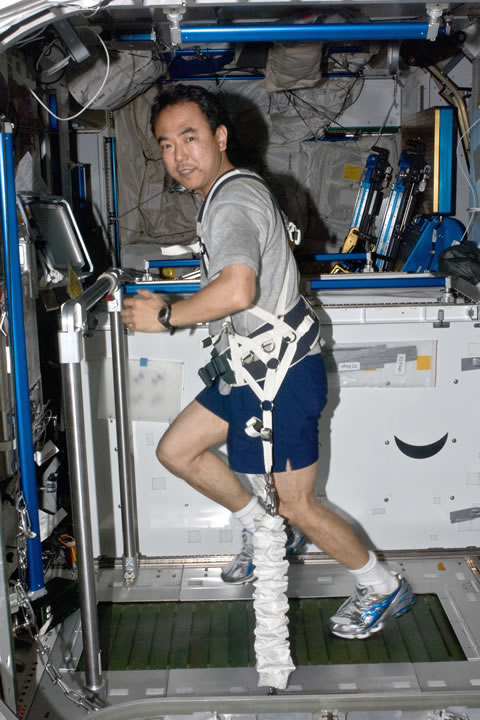Zero gravity and confinement - Programmed Research
| Research Subject | A02-5 Comprehensive Understanding of Zero Gravity and Confinement Stress |
|---|---|
| Research Group Leader |
|
| Research Group Members |
|
Human space exploration greatly stresses the bodies and minds of crews as all members must work and live for long periods in a confined spaceship as well as in zero gravity. On the other hand, adaptive responses to stress change over time. In many cases, the actual extent of damage due to stress considerably differs from what subjects actually perceive. Additionally, there are considerable differences among individuals in the lead-time to final breakdown. Hence, it is essential to assess the damage in an objective manner and implement appropriate countermeasures while the conditions are still reversible. In this research, using the adaptation training facilities to confinement of The Japan Aerospace Exploration Agency (JAXA), we will explore possible short-term and long-term stress markers of damage due to confinement stress that can be assessed objectively and quantitatively. Using the result, we will also assess the variation of stress in an artificial zero-gravity environment (bed rest experiments). In these experiments, we will probe subjects’ saliva, sometimes called the second blood, to find the above-mentioned markers. Our ultimate objective is to develop handy easy-to-use technology for stress measurements (Fig.1).
We will examine the correlation among biological phenomena that become evident against stressful stimuli [resilience (potency for recovery), adaptation (plasticity), failure] (Fig. 2), and use these findings to assess stress in humans. Furukawa, the head of the Scientific Research on Innovative Areas as well as the leader of the A02-5 group, will supervise the confinement experiments.



